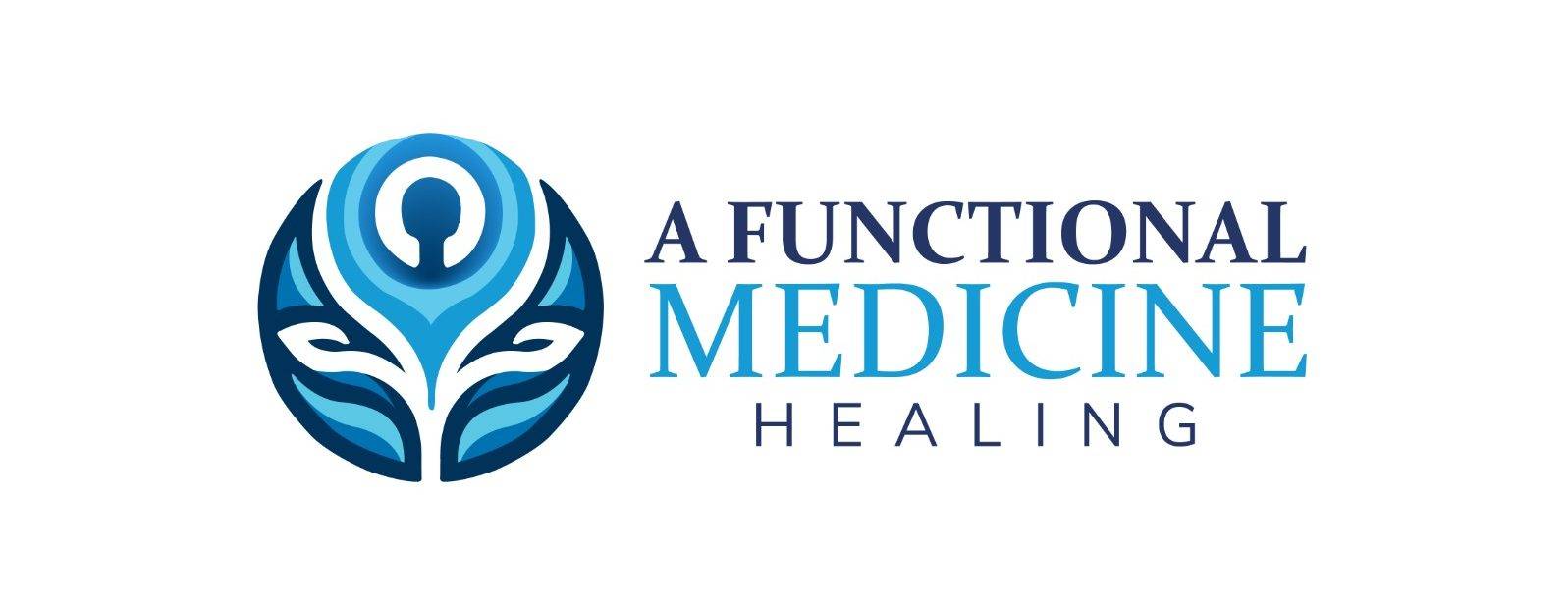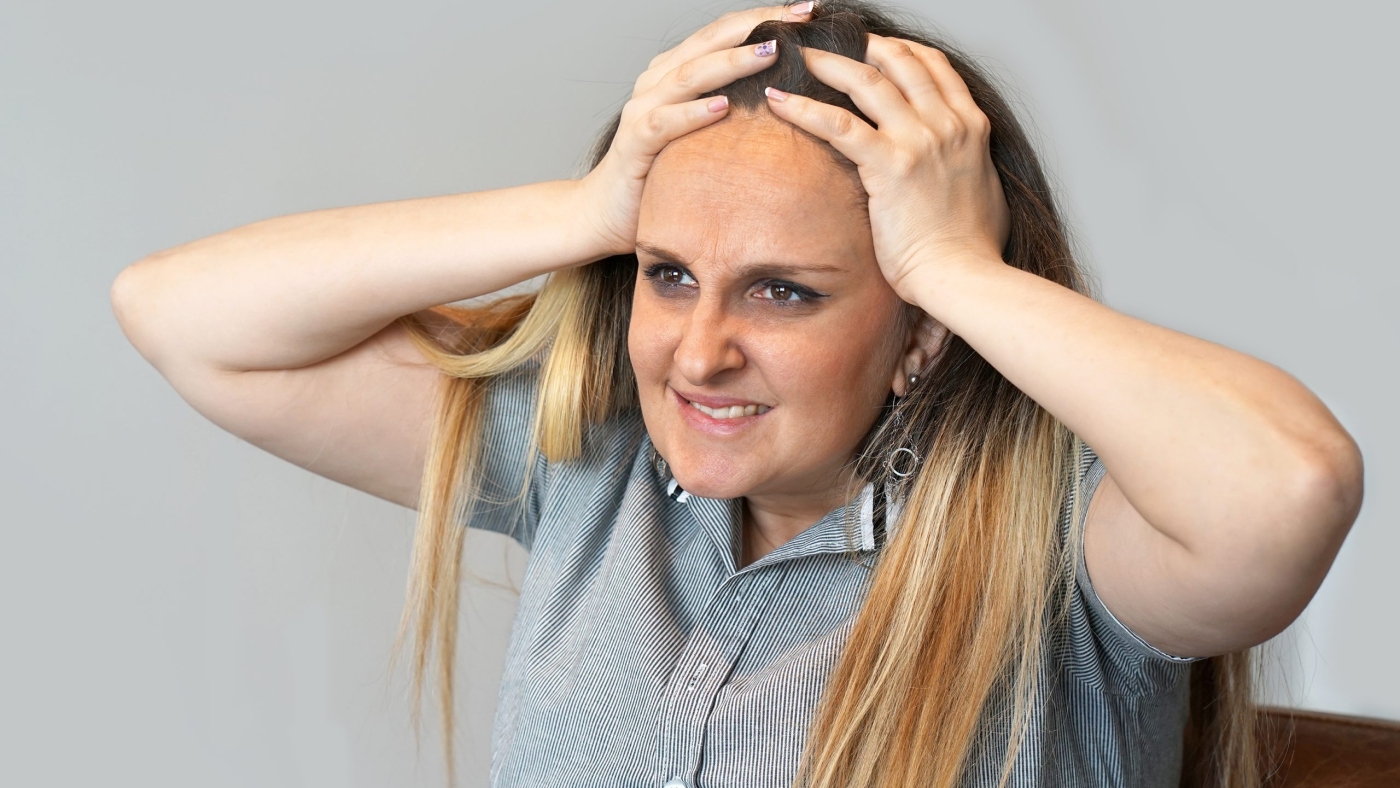Hair loss can be a distressing experience, but the right supplements can support hair health and promote regrowth. Here are five supplements that have been shown to help with hair loss:
1. Biotin
What is Biotin?
Biotin, also known as vitamin B7, is essential for healthy hair, skin, and nails. It plays a crucial role in the production of keratin, the primary protein that makes up hair.
How It Helps
Biotin strengthens hair follicles and improves hair elasticity, reducing breakage and promoting thicker, healthier hair.
How to Take It
Biotin is available in supplement form, often in doses ranging from 2,500 to 10,000 mcg per day. It can also be found in foods like eggs, nuts, and seeds.
2. Vitamin D
What is Vitamin D?
Vitamin D is a fat-soluble vitamin that is essential for bone health and immune function. It also plays a role in hair follicle cycling.
How It Helps
A deficiency in vitamin D has been linked to hair loss. Ensuring adequate levels can help support hair regrowth and reduce shedding.
How to Take It
Vitamin D can be obtained from sunlight exposure, food sources like fatty fish and fortified dairy products, or supplements. The recommended daily allowance is 600-800 IU, but some people may need higher doses based on blood levels.
3. Iron
What is Iron?
Iron is a mineral that is crucial for producing hemoglobin, which carries oxygen in the blood. It’s essential for many bodily functions, including hair growth.
How It Helps
Iron deficiency, known as anemia, is a common cause of hair loss, particularly in women. Adequate iron levels can help maintain healthy hair growth.
How to Take It
Iron supplements are available in various forms, such as ferrous sulfate and ferrous gluconate. The recommended daily intake varies but is generally around 18 mg for adults. It’s also found in foods like red meat, spinach, and lentils.
4. Zinc
What is Zinc?
Zinc is a trace mineral that supports immune function, protein synthesis, and cell division. It’s vital for maintaining the health of hair follicles.
How It Helps
Zinc deficiency can lead to hair loss and scalp issues. Adequate zinc levels help keep hair follicles healthy and promote regrowth.
How to Take It
Zinc supplements are widely available, and the recommended daily intake is around 8-11 mg for adults. Good food sources include meat, shellfish, beans, and nuts.
5. Omega-3 Fatty Acids
What are Omega-3 Fatty Acids?
Omega-3 fatty acids are essential fats that our bodies cannot produce on their own. They are important for overall health, including hair health.
How They Help
Omega-3s help nourish hair, support hair thickening, and reduce inflammation that can contribute to hair loss.
How to Take Them
Omega-3 supplements, such as fish oil or flaxseed oil, are popular choices. The recommended dose varies but is typically around 250-500 mg of combined EPA and DHA daily. Omega-3s can also be found in foods like salmon, walnuts, and chia seeds.
Conclusion
While supplements can support hair health and promote regrowth, it’s important to address the underlying causes of hair loss and maintain a balanced diet. Always consult with a healthcare provider before starting any new supplement regimen, especially if you have underlying health conditions or are taking other medications. With the right approach, you can enhance your hair health and combat hair loss effectively.



Leave A Comment